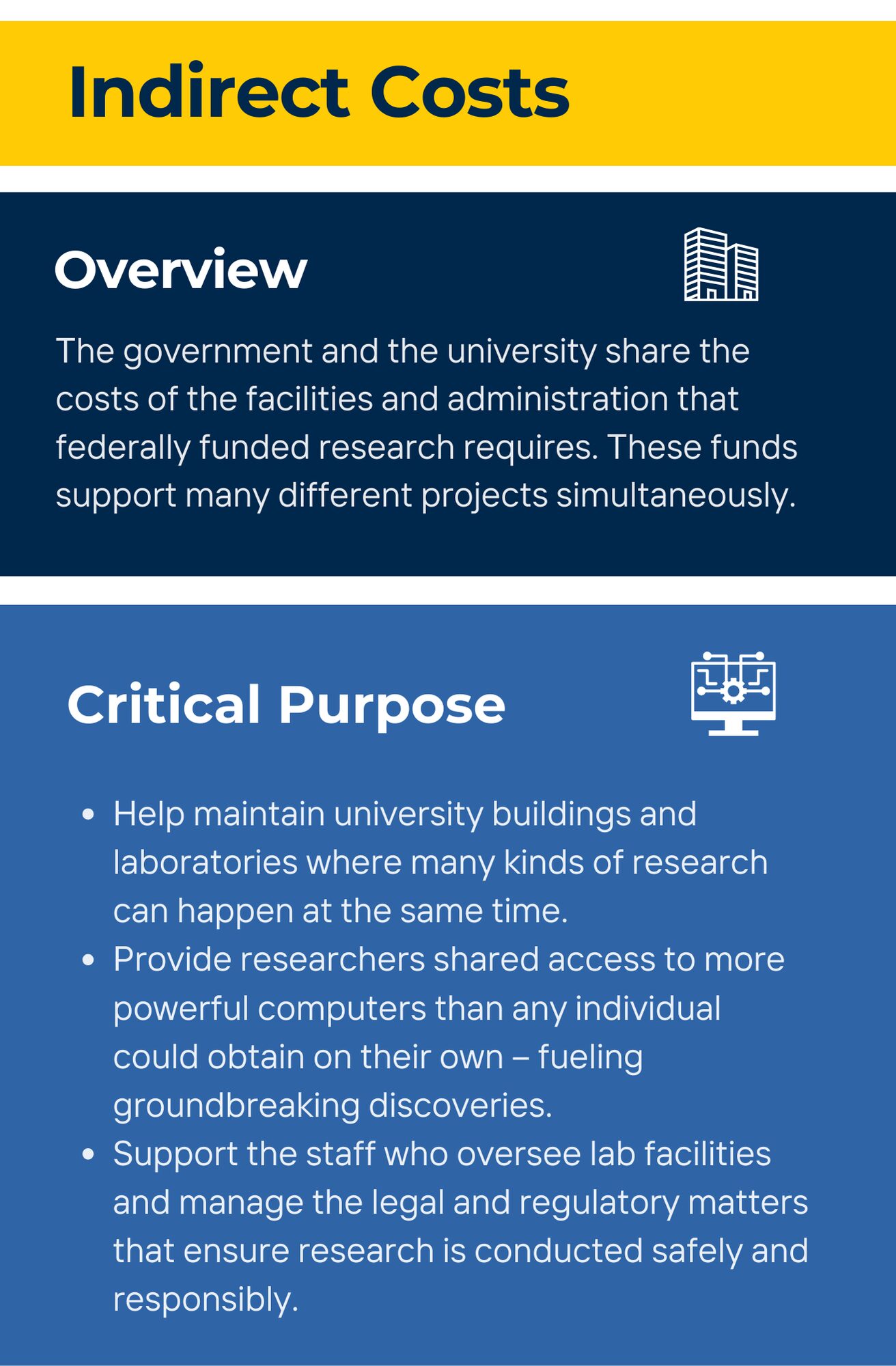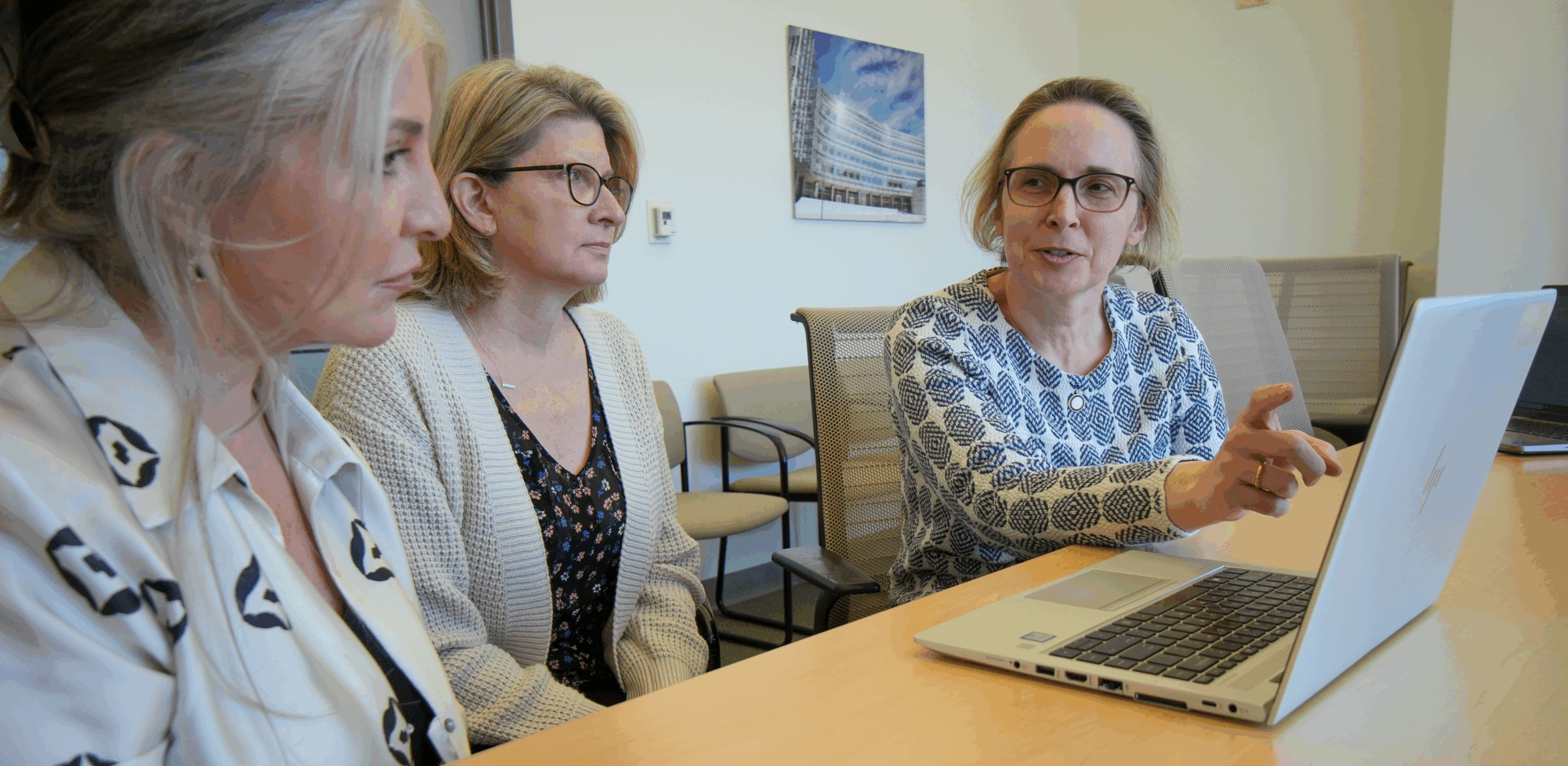NIH-funded clinical trials at U-M: Advancing health and innovation
By Vanessa Vinson
The University of Michigan conducts more than 400 clinical trials annually that are funded by the National Institutes of Health. That includes more than a hundred life-saving studies and more than a hundred involving children.
Involving over 7,700 participants from more than 500 Michigan zip codes, the trials address a range of diseases, from cancer and heart disease to rare genetic disorders, propelling medicine forward and providing Michigan residents with access to cutting-edge therapies.
“Clinical trials provide hope for patients who have no other options,” said Dr. Julie Lumeng, associate dean for clinical research at the Medical School and associate vice president for clinical and human subjects research in the Office of the Vice President for Research. “Without NIH funding, Michigan residents would lose many opportunities to participate in clinical trials.”
With over $2 billion in annual expenditures, U-M’s research enterprise helps to fuel Michigan’s economy, contributing $97.7 million last year to Michigan-based companies and supporting thousands of jobs, including those in laboratories and the clinical research infrastructure.
Indirect costs – which are shared by the federal government and U-M – support critical research infrastructure, lab space and secure data storage that ensure U-M research is safe, ethical and impactful. They keep labs running and research moving forward.
Recent federal actions have put this funding at risk, potentially limiting access to life-saving studies and slowing medical progress.
“Indirect costs support the infrastructure that ensures research moves forward and clinical trials remain available as treatment options for patients,” Lumeng said. “Investing in university research is an investment in a better future. Federal support is crucial to continuing U-M’s clinical trials, improving health and driving progress for years to come.”
“Indirect costs support the infrastructure that ensures research moves forward and clinical trials remain available as treatment options for patients. Investing in university research is an investment in a better future. Federal support is crucial to continuing U-M’s clinical trials, improving health and driving progress for years to come.”


